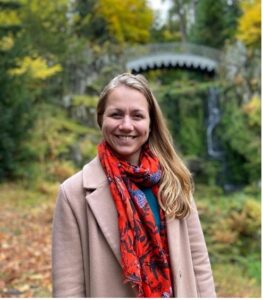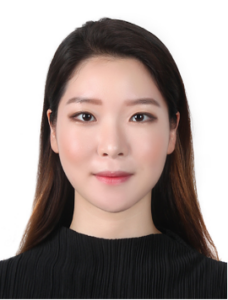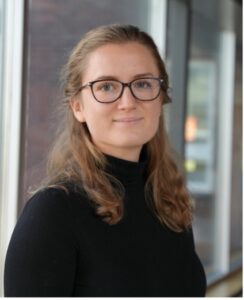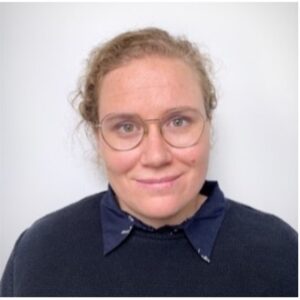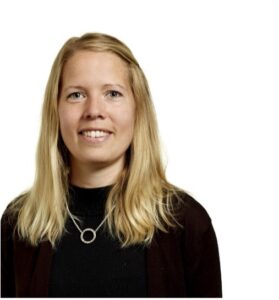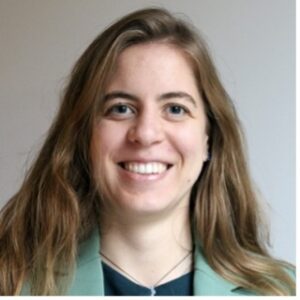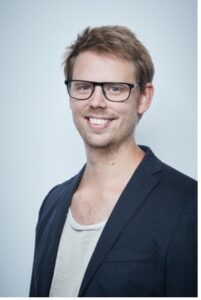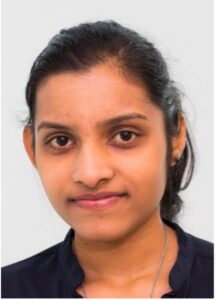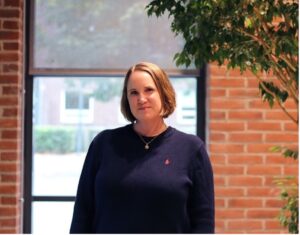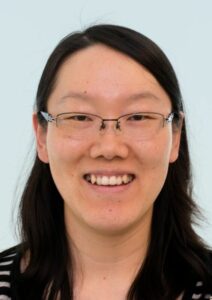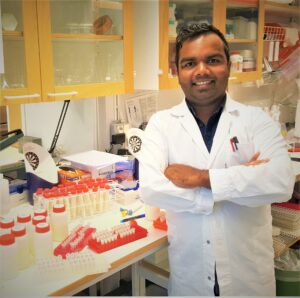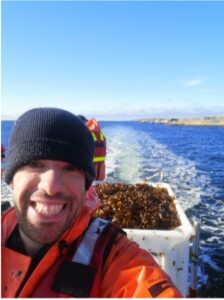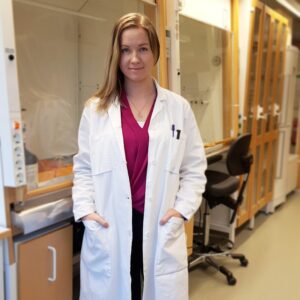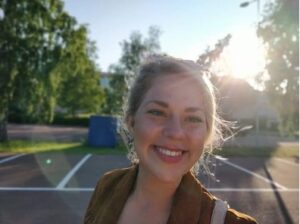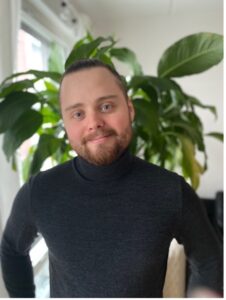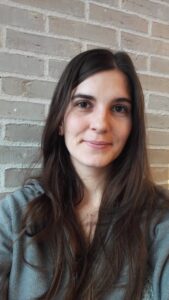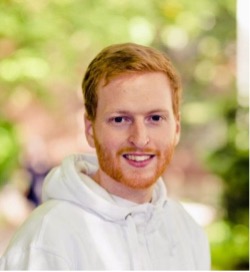PhD Students
Read about some of the present graduate students in LiFT below! (in alphabetical order)
Alejandra Fernandez Castaneda – SLU
Fermentation of plant material of European origin for better texture, taste and nutritional properties of tempeh-like foods
Amanda Helstad – Lund University
Project:Plant-Based Dairy Alternative Residues – Challenges and Opportunities
Read more
Annalena Kamm, Örebro University
PhD Project:The impact of plant-based proteins on markers of gut, metabolic and mental health
Read more
Ansung Kim – Örebro University
PhD Project:Consumer perception and political consumerism about food containing plant-based proteins.
Read more
Cecilia Ahlström, Lund University
PhD project: Recovery and utilization of rapeseed protein
Read more
Carl Rämgård – KTH
Enzymatic Engineering of Hemicellulose Hydrogels
Elahe Sharifi – Chalmers
Project: Engineering the taste and texture of alternative proteins for the next generation of hybrid foods
Elisabeth Henriksson – KTH
Circularity in the food system – assessment and development of environmental sustainability in circular food production
Isabelle Dombec, Chalmers
Developing an algorithm for a personalised nutrition strategy based on results from the fish, meat and plant-based meals
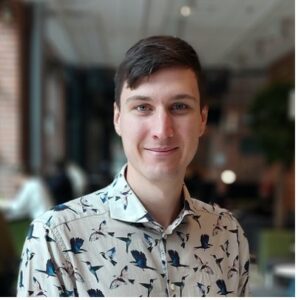
Jakob Karlsson, Chalmers
Project description: Interactions between plant-based proteins and dietary fibres; and their effect on fermentation.
Read more
Jaqueline Auer, SLU
PhD Project: Comparative characterization of structure and digestibility of plant-based proteins in relation to processing
Read more
Johanna Östlund, SLU
PhD project: Fermentation of Swedish faba beans and oats for foods with improved texture, flavour, and nutritional properties.
Read more
John Axelsson, Chalmers
PhD Project: Valorization of whole/gutted small herring and sprat into protein-enriched ingredients.
Read more
Lena Lena Krautscheid, LTH
Transformativ Innovation
Loris Mazzaferro, KTH
Improving the resource-efficiency and environmental performance of urban-vertical farms through circular-based production methods
Mar Vall-llosera Juanola, Chalmers
PhD Project: Stabilisation of Ulva sp. biomass and its effects on nutritional properties, microstructure, tech functionality and development of volatile compounds.
Read more
Marina Armeni, Chalmers
PhD Project Development and validation of a quantitative method for measuring multiple food intake biomarkers
Read more
Mohammad Mukul Hossain, Lund University
PhD Project: Health effects of oats and oat bio-actives in humans.
Read more
Paul Plummer, Uppsala Universitet
Relating Value Chain Development to Sustainability Transitions
in the Swedish Food System
Rebecca Strand, Chalmers
Raising self-sufficiency of pelagic fish in Sweden, hampering lipid oxidation
Robin Meijer, Chalmers
PhD Project: Innovation management in the transition towards a sustainable food system.
Read more
Rolando Contreras, SLU
alorization of whey through development of innovative beverages containing Bolivian fruit and berries
Sebastian Åberg, Chalmers
PhD Project: Metabolic effects of whole grains and dietary fibre with focus on appetite and weight-loss.
Read more
Shishanthi Jayarathna, SLU
PhD Project: New starch for Novel applications
Read more
Solja Pietiäinen, SLU
PhD Project: Fractionation of wheat bran for functional ingredients
Read more
Sunera Zulficar Nurmomade, SLU
Complementary porridge for undernourished children in Mozambique
Therese Hjorth, Chalmers
PhD Project: Metabolic effects of high-fiber diets and low GI-diets among individuals with elevated cardiometabolic risk.
Read more
Yingxiao Yan, Chalmers
PhD Project title: Impact of combined Exposures on Metabolic Health (ICE)
Read more
Xue Zhao, SLU
PhD Project: Novel potato starch – New structure descriptors may reveal properties for new applications
Read more
Zheui Dong, LTH
Structural considerations on specificity variations in lipases from filamentous fungi in industrial application
Alumni
Hasitha Priyashantha, SLU
PhD Project: Link between raw milk properties and composition to cheese flavours and texture development during maturation
Read more
João Trigo, Chalmers
PhD project: Recovery, functionality, and digestibility of seaweed proteins and analysis of food process waters to be used as media for seaweed cultivation.
Read more
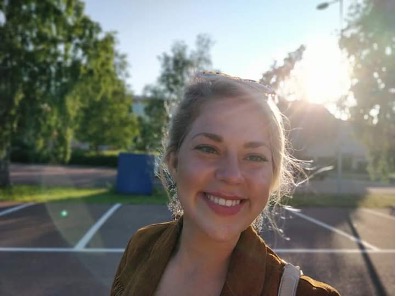
Klara Nilsson
PhD Project: Faba Bean Fractions for 3D Printing of Protein-, Starch- and Fibre-Rich Foods
Read more
Laura Pirkola, SLU
PhD Project: Fermented fibre-rich rye and oat foods and gut-brain axis
Read more
Louise Selga, Lund University
PhD Project: Wheat flour quality for baking applications
Read more
Ludwig Lundberg, SLU
PhD project: Exploring and increasing the bioactivity of probiotics through alterations in the production parameters.
Read more
Mathilde Brunel, SLU
PhD Project: The effect of meat consumption in humans by analysing metabolic responses in plasma samples.
Read more
Mathias Johansson, SLU
PhD project: Legume based Gels – Microstructure and Texture.
Read more


